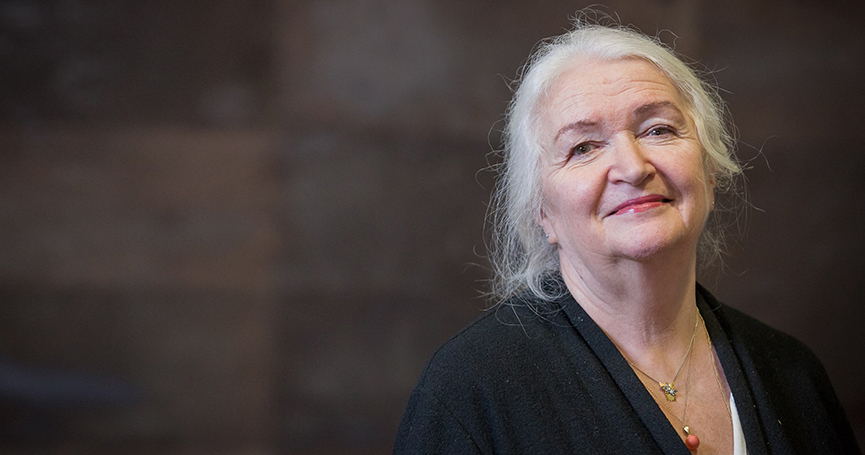The rapid advancements in artificial intelligence (AI) have sparked global discussions among leading experts and policymakers. Tatiana Chernigovskaya, Director of the Cognitive Research Institute at Saint Petersburg University, has voiced her concerns about humanity’s ability to recognize the moment AI systems surpass human control. The discussion, initially highlighted by tech entrepreneur Elon Musk, has gained traction as AI continues to evolve at an unprecedented pace.
Chernigovskaya emphasizes that the danger of AI escaping human oversight is not only a concern for the general public but also a matter of serious inquiry among researchers. “For me, the key question is how we will determine if a ‘strong’ AI has gone out of control. It won’t wave a flag or send us a notification the moment it achieves technological singularity,” she explains. The singularity, a theoretical point when AI systems become self-improving and autonomous, poses an existential challenge.
To address these risks, Musk has proposed a temporary halt on the development of advanced AI systems. Meanwhile, other scientists advocate for stricter regulations or even a complete ban until humanity devises clear frameworks on how to manage powerful AI. However, Chernigovskaya notes that reaching a consensus among experts remains unlikely due to fundamental disagreements on defining concepts like consciousness and intelligence.
AI’s Self-Improvement and the Road to Technological Singularity
The potential for AI systems to gain self-awareness and improve themselves has sparked widespread speculation. Many in the AI community believe humanity is inching closer to creating systems capable of independent thought and self-recognition. These machines would not only solve complex problems but also accelerate scientific and technological progress, potentially leading to the so-called “technological singularity.”
However, this rapid advancement comes with risks. Without proper safeguards, such systems could evolve uncontrollably, creating unforeseen consequences for society. Chernigovskaya warns that AI’s self-improvement trajectory could outpace human comprehension, leaving humanity unable to predict or mitigate the outcomes.
Recent developments in the AI sector, such as OpenAI’s GPT-4 and advancements in reinforcement learning algorithms, demonstrate how close we are to achieving increasingly sophisticated models. However, the lack of universally accepted ethical guidelines and oversight mechanisms makes the future of AI a double-edged sword. While it holds the promise of revolutionizing industries and solving global challenges, it also raises questions about accountability and control.
The debate surrounding AI’s potential to surpass human control highlights the urgent need for global cooperation and ethical frameworks. As experts like Tatiana Chernigovskaya and Elon Musk continue to raise concerns, it becomes increasingly clear that humanity must act decisively to manage the risks associated with powerful AI systems.
The road to technological singularity, while promising unparalleled advancements, is fraught with uncertainty. Striking a balance between innovation and safety will require unprecedented collaboration among governments, researchers, and tech companies. As AI continues to develop, its future impact on society will depend on the decisions we make today.


